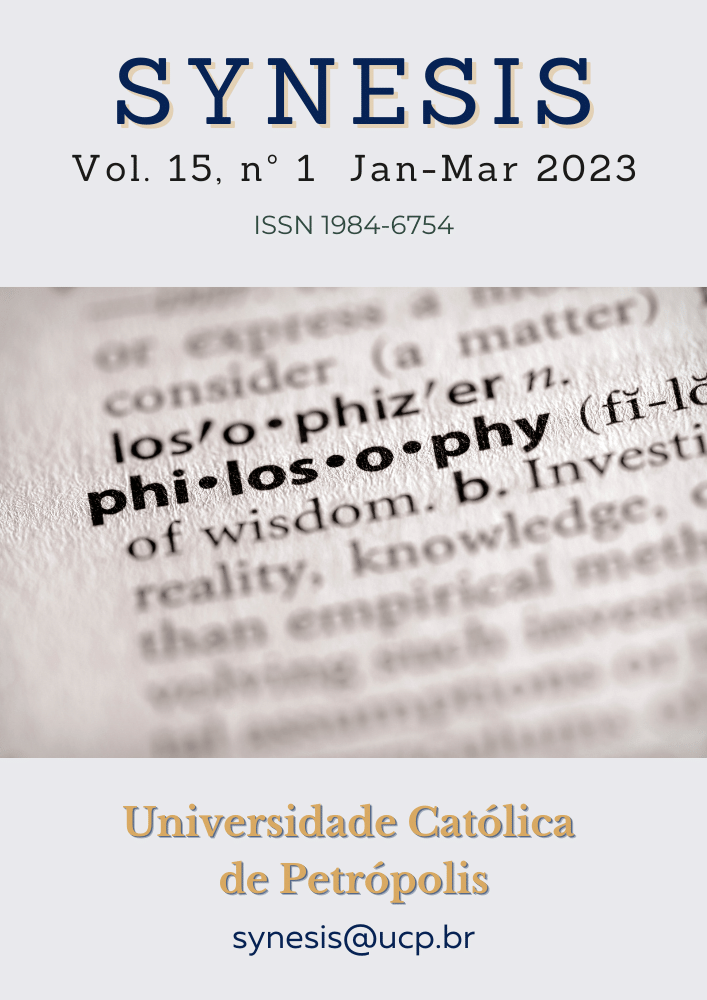Abstract
Children need literary works for their development because they are highly critical for the cognitive, linguistic and psycho-social development of children. The works that children read show difference depending on each development stage; thus, when preparing a text for them, such characteristics as the perception level and areas of interest of the target audience should be taken into consideration. Havva Tekin, an important author of Cypriot Turkish Literature, is an author who made important contribution to Cypriot Turkish literature with her works. The sample of the study consists of Havva Tekin novels titled “Children of the Green Island” and “Tarajar Beyond the Seas.” These novels were selected by purposive sampling method. In this study, qualitative research was applied as a research method, and document analysis was used to collect data. In the analysis of the works, “descriptive analysis” was used. In this context, first of all, the values in the works were listed with page numbers and then interpreted in a thematic framework. In this study, Schwartz Value Survey was used to determine the values. In both novels of Havva Tekin, it has been seen that all the values found in the Schwartz Value Survey are present. Benevolence is the most common value in Havva Tekin’s novels. In both novels, the value of benevolence took place in the form of “love, friendship, honesty, responsibility and helping.”
References
Acar, H. & Akar, M. and Acar, YB (2016). Value orientations of social work students. Kastamonu Journal of Education, 24 (1), 97-118. https://dergipark.org.tr/en/pub/kefdergi/issue/22606/241612
Aktepe, V. & Tahiroğlu, M. (2016). Values education approaches and activity examples. International Journal of Social Science, 42, 361-384. https://jasstudies.com/DergiTamDetay.aspx?ID=2941
Altun, R. (2015). Value orientations of Science High School and Imam Hatip High School students (samsun example). Journal of Gaziosmanpaşa University Faculty of Theology, 3 (2), 195-224. https://dergipark.org.tr/en/download/article-file/303768
Arslan, A. & Celik, H. (2016). Values that can be used in Turkish education in Divan-ı Hikmet. Electronics Studies, 11 (3), 169-184. http://dx.doi.org/10.7827/TurkishStudies.9105
Ates, O. T. (2017). The effect of values education practices in Turkey on the positive characteristics desired to be acquired by students. Journal of Values Education, 15 (34), 41-60. https://dergipark.org.tr/en/download/article-file/712305
Bahrili, CT & Demir, CG (2021). Analysis of ‘Sevgi Bir Kuş’ child journal in terms of values. Cumhuriyet Journal of International Education 10 (2), 738-761. http://cije.cumhuriyet.edu.tr/en/download/article-file/159530
Buken, N. O. (2020). COVID 19 pandemic and ethical issues. Health and Society Covid-19 Special Issue, 15-26. https://ssyv.org.tr/wp-content/uploads/2020/07/2-COVID-19-Pandemisi-ve-Etik-Konular.pdf
Cihan, N. (2014). Values education in schools and an overview of practice in Turkey. Electronics Studies, 9 (2), 429-436. https://turkishstudies.net/turkishstudies?mod=makale_tr_ozet&makale_id=17348
Firat, N. S. & Açıkgöz, K. (2012). Teachers' value systems in terms of some variables. Hacettepe University Faculty of Education Journal 43, 422-435. https://dergipark.org.tr/en/download/article-file/87336
Happy, HH (2016). Nation character and literature: Reflection of nation character on literary products. Journal of Mother Tongue Education 4 (3), 372-389. http://www.anadiliegitimi.com/en/download/article-file/226759
İbret, B. Ü. & Avcı, EK & Karabıyık, Ş. & Güleş, M. and Demirci, M. (2017). The use of literary products in the teaching of values according to the views of social studies teachers. International Journal of Turkish Educational Sciences 9, 104-124. https://dergipark.org.tr/en/download/article-file/405889
Kardaş , MN & Cemal, S. (2017). References essay on values education and research on values education in Turkish teaching. Black Sea Journal of Social Sciences 9(16), 383-412. https://dergipark.org.tr/en/download/article-file/351405
Kart, M. & Şimşek, H. (2020). Searching for value in the Turkish education system: What values do the renewed (2017) primary education programs bring? Journal of Values Education, 18 (40), 9-44. https://dergipark.org.tr/tr/download/article-file/814374
Kasapoglu, H. (2013). Value education at school and stories. Journal of National Education 43 (198), 97-109. https://dergipark.org.tr/en/download/article-file/442202
Kavcar, C. (1999). Literature and education. Ankara: Engin Publications.
Küçük, N. (2016), Evaluation of Schwatz's 'Value Orientation Scale' and some research findings on students in Turkey. Academic Perspective International Refereed Journal of Social Sciences 57, 280-296. https://dergipark.org.tr/en/download/article-file/383462
Kusdil, ME & Kagitcibasi , C. (2000). Turkish teachers' value orientations and Schwartz Value Theory. Turkish Journal of Psychology 15 (45), 59–80. https://psycnet.apa.org/record/2001-17473-004
Özbay, M. & Tayşi, EK (2011). The importance of Dede Korkut Stories in terms of Turkish Teaching and value transfer. Pegem Journal of Education and Training 1 (1), 24.
Ozdemir, K. (2017). Examining the history lesson curriculum in terms of values education. International Journal of Education Technology and Scientific Researches, 4, 240-257. http://www.ijetsar.com/Makaleler/1054522700_4.%20240-257%20kamuran%20%c3%b6zdemir.pdf
Parashar, S. & Dhar, S. & Dhar, U. (2004). Perception of values: A study of future professionals. Journal of Human Values, 10 (2), 143-152. https://doi.org/10.1177/097168580401000207
Schwartz, SH (2012). An overview of the Schwartz Theory of Basic Values. Online Readings in Psychology and Culture, 2(1). http://dx.doi.org/10.9707/2307-0919.1116 .
Simsek, S. (2015). Values education in Kemalettin Tuğcu 's novels. International Journal of Humanities and Education, 1(1), 79-104. https://dergipark.org.tr/en/download/article-file/357542
Tekin, H. (2013). Children of Green Island. Ankara: Elma Children's Publications.
Tekin, H. (2017). Tarajar Beyond the Seas. Istanbul: Anatolia Book.
Tural, S. (1988). Reflections on cultural identity. Ankara: Ministry of Culture and Tourism Publications.
Turkish Language Society. (2022). Current Turkish Dictionary. https://sozluk.gov.tr/ (accessed on 27.1.2022)
Yıldız, G. & Dindar Demiray, EK & Alkan, S. Ve Demir, H. (2021). Examination of the Covid-19 Pandemic in terms of ethical values and social equality. Journal of Management Theory and Practices Research, 2 (2), 134-149. https://journals.academicianstudies.com/jmtpr/article/view/28

This work is licensed under a Creative Commons Attribution-NonCommercial-NoDerivatives 4.0 International License.
Copyright (c) 2023 Synesis (ISSN 1984-6754)

